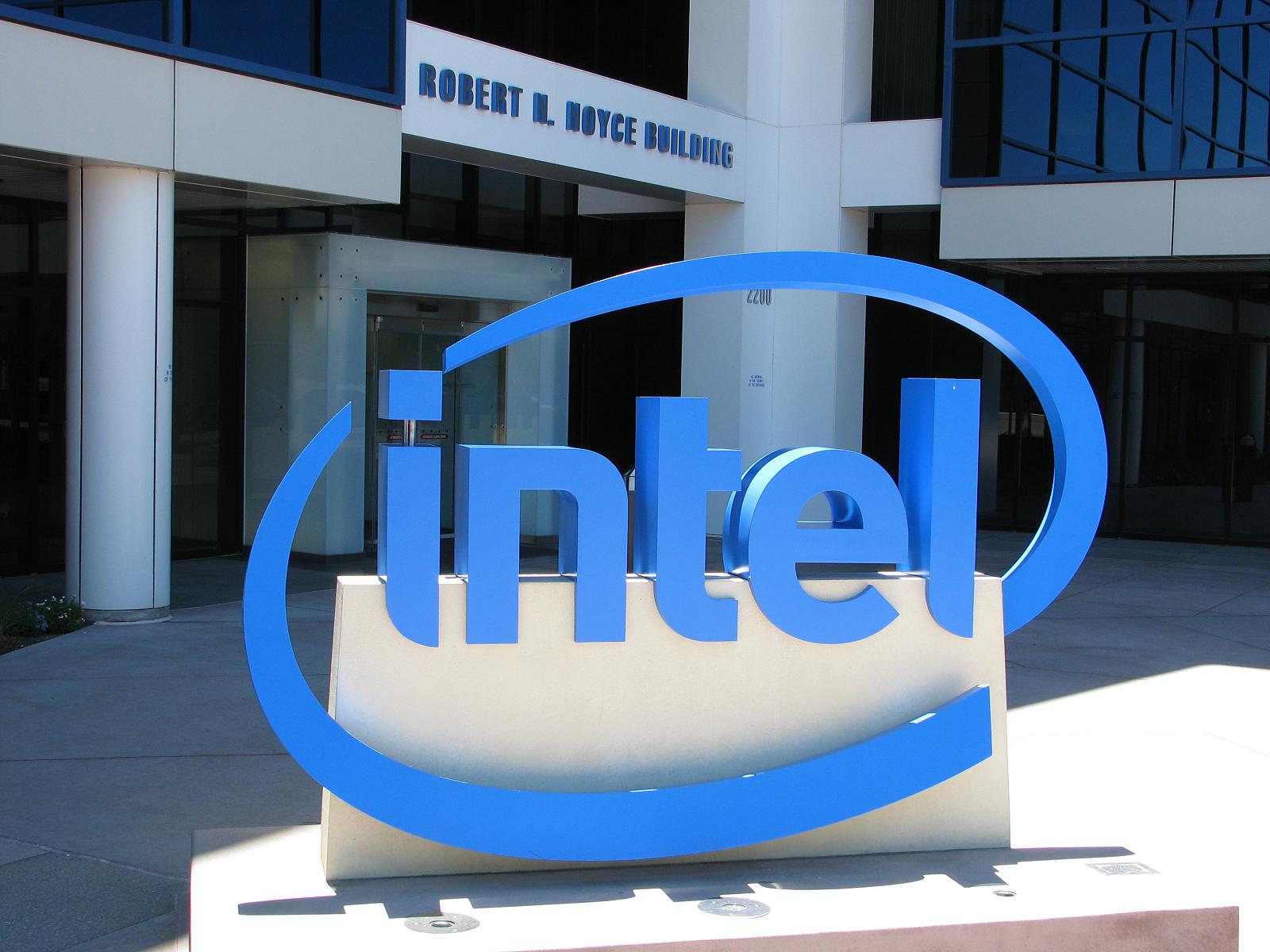 NEWS
NEWS
 NEWS
NEWS
 NEWS
NEWS
Intel is considering a sale of its Intel Security division, and has already spoken with several bankers in a bid to find a suitable buyer, the Financial Times reports.
Intel Security was created after Intel acquired the antivirus software maker McAfee Inc., the company founded by SiliconANGLE contributor John McAfee, in 2010. But with Intel looking to move away from personal computing, it’s reported that Intel Security is now an expendable asset the company is looking to offload.
The Financial Times says in its report that a group of private equity firms may team up to finance an acquisition of Intel Security, and adds that the price tag could be higher than the original $7.7 billion Intel paid for McAfee six years previously.
The Financial Times adds that private equity firms have shown a lot of interest in acquiring cyber security firms of late, because they anticipate the sector making big profits as enterprises become increasingly concerned with defending themselves from cyber attacks. An example of this trend was seen earlier this month when Bain Capital sold Blue Coat Security to Symantec Inc. for almost twice the amount it paid to acquire the firm one year ago. Additionally, Vista Equity Partners snapped up authentication service Ping Identity, which had been preparing for an IPO, at the start of June.
Throughout 2014 and 2015, cyber security startups received massive backing from venture capital firms as older, more established security firms seemed increasingly unable to fend off newer, more sophisticated cyber attacks. Now, with the venture capital slowing down, analysts expect to see consolidation in the industry, with smaller startups being acquired by the big boys for their technology and engineering talent.
Intel’s main motive for the sale appears to be financial, as well as a desire to streamline its business. The company announced plans last April to layoff some 12,000 workers as part of a reorganization that will see it focus more on chips for data centers and Internet of Things (IoT) devices instead of personal computers.
THANK YOU